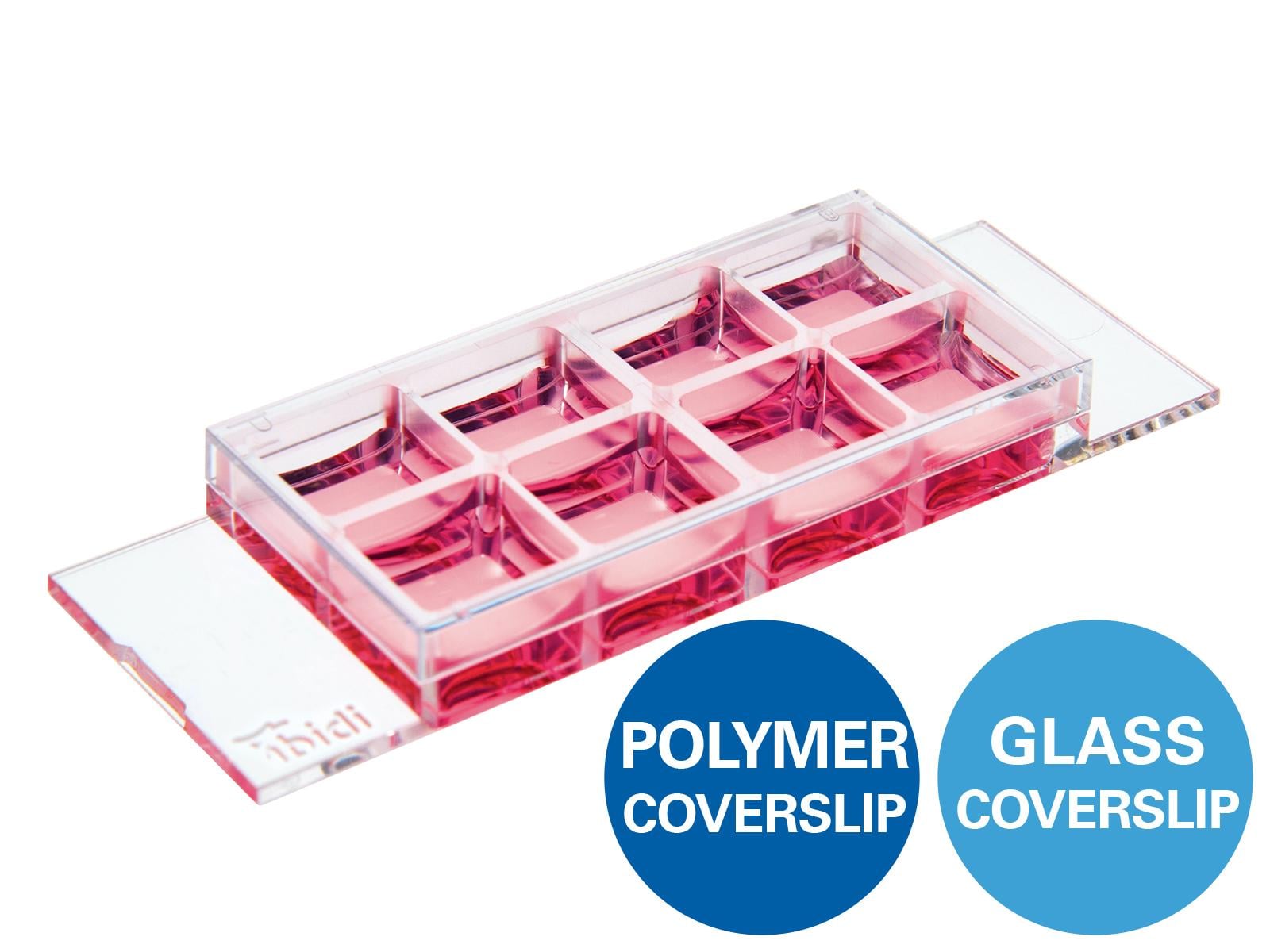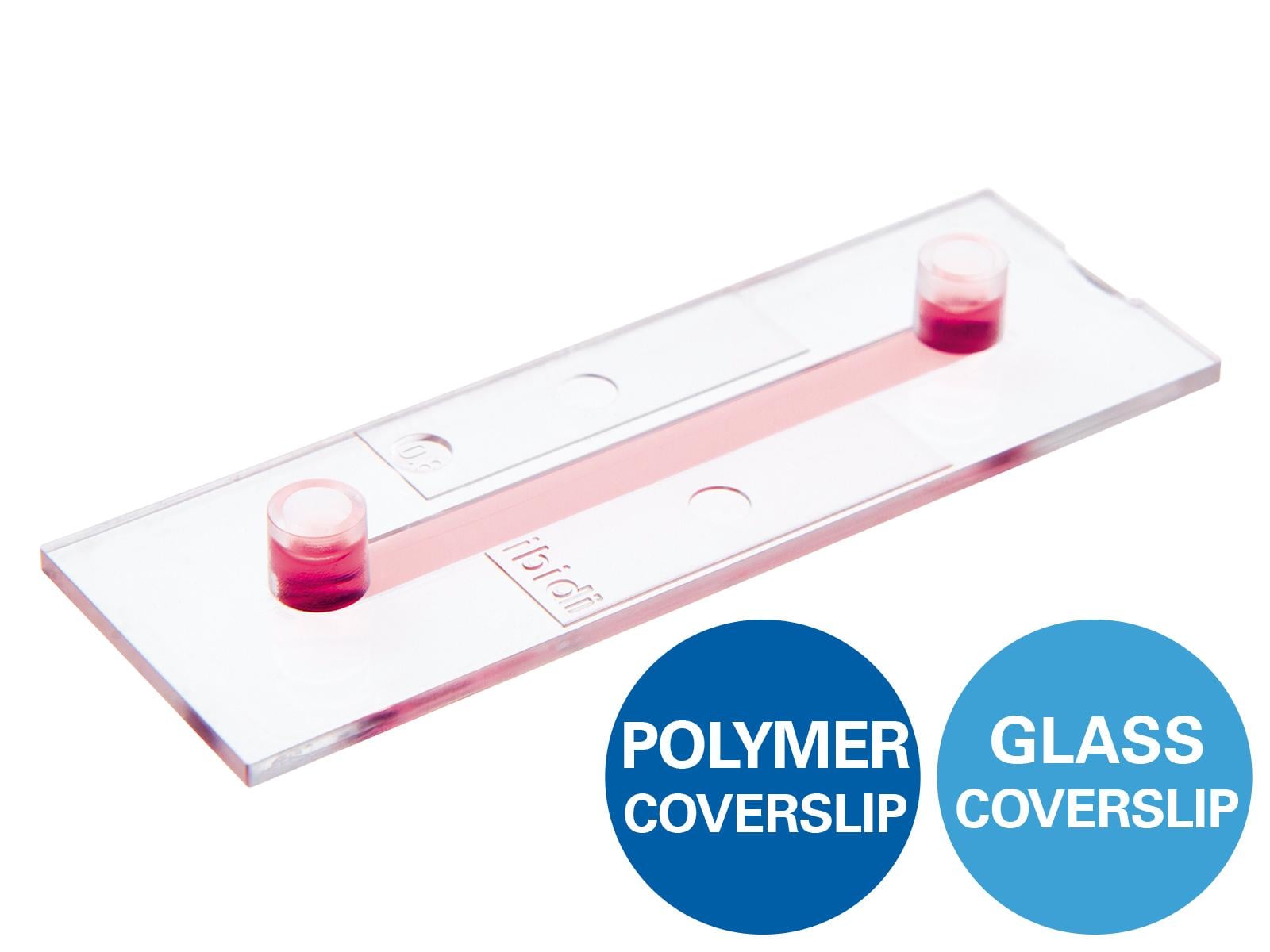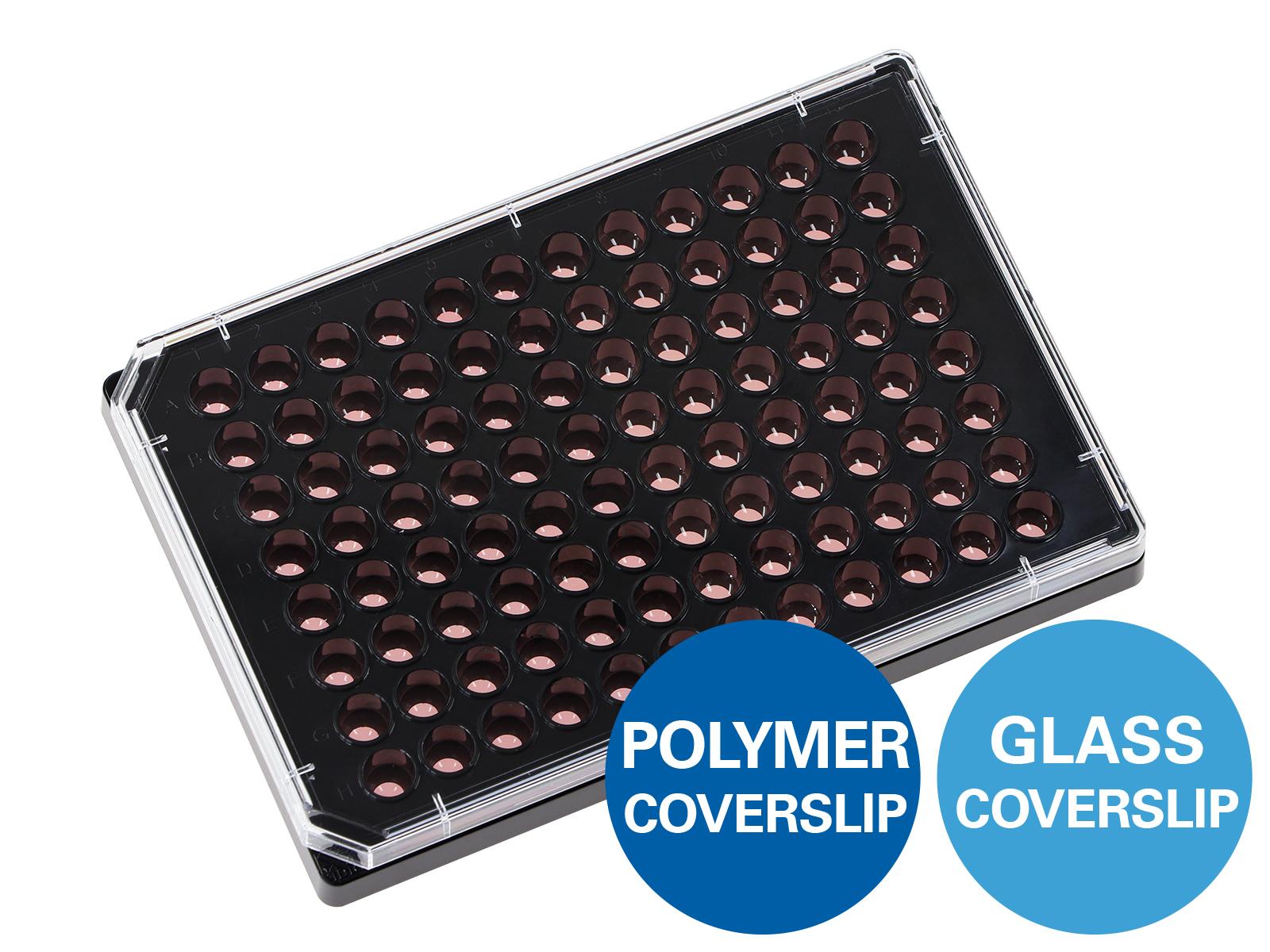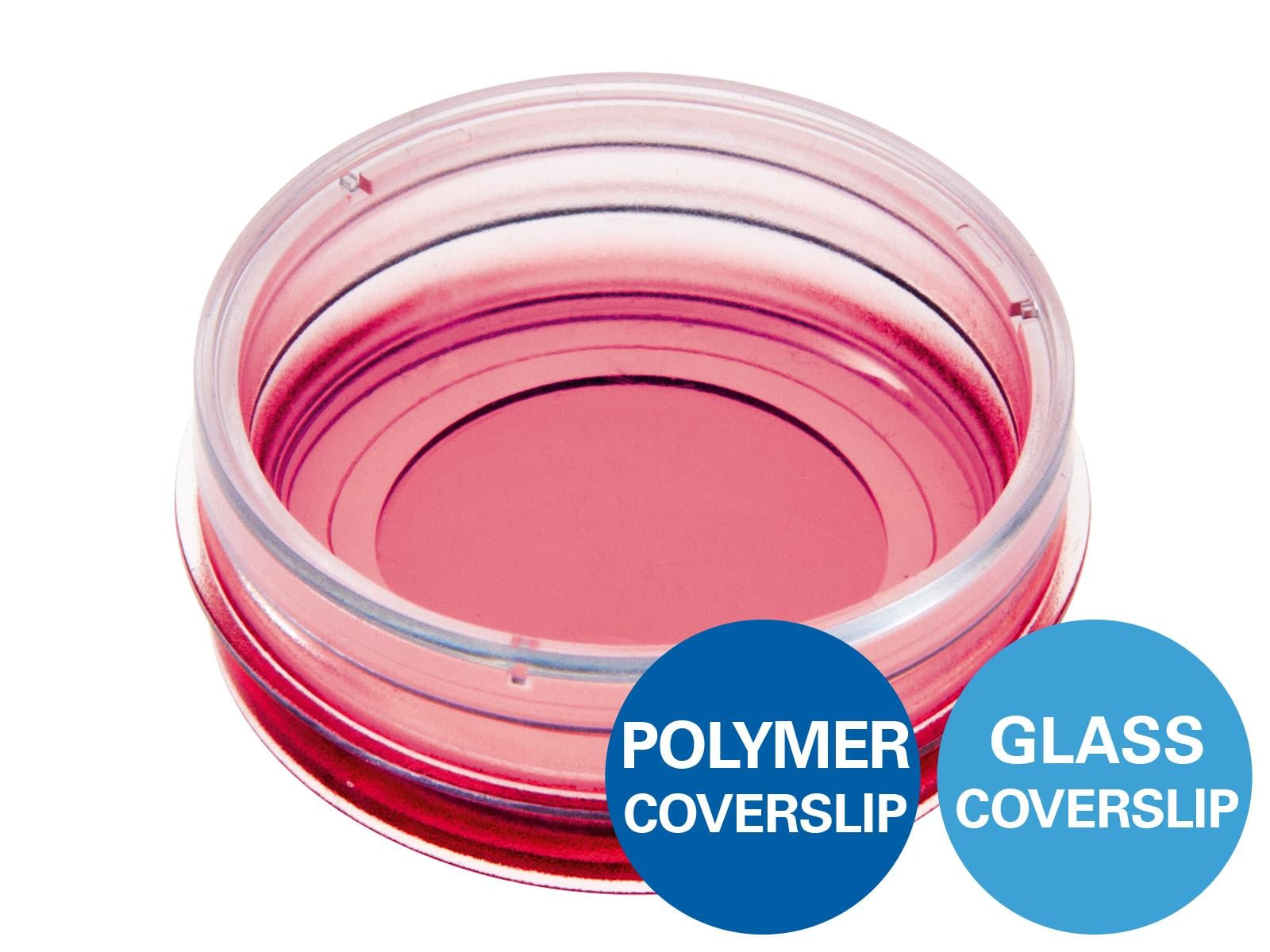The DGZ (Deutsche Gesellschaft für Zellbiologie – German Society for Cell Biology) and ibidi honor Dr. Claudia Matthäus with the 2024 Walther Flemming Award.
The Online Award ceremony took place on October 7, 2024 and included a talk about "Novel insights in caveolae mediated lipid trafficking" given by the winner.
Dr. Claudia Matthäus, Research Group Leader and Junior Professor, University of Potsdam, Potsdam, Germany
Claudia Matthäus studied chemistry at the TU Dresden and received her PhD in developmental biology at the University of Berlin in 2015. From 2016 to 2019, she worked as a postdoc in the “Structural Biology of Membrane-Associated Processes” group at the Max Delbrück Center for Molecular Medicine. As a Postdoctoral Fellow, she then joined the Molecular and Cellular Imaging Laboratory at the National Heart, Lung and Blood Institute in Bethesda, Maryland. Since March 2023, Claudia Matthäus is a Junior Professor at the University of Potsdam, focusing on cell membrane processes involved in lipid metabolism and metabolic diseases. In particular, the focus is on caveolae, 50-80 nm sized plasma membrane invaginations of the cell membrane, that can facilitate lipid uptake into the cell. Using high-resolution light and electron microscopy, these structures can be investigated at the molecular level.
More information on Dr. Matthäus and her research can be found at: https://www.matthaeus-lab.de

Dr. Claudia Matthäus
Image source: Cherie Birkner
Novel insights in caveolae-mediated lipid trafficking
The uptake of nutrients into the cell is highly regulated. Misregulation of these processes can promote diseases such as type 2 diabetes, cancer, or cardiovascular diseases. Caveolae, 50-80 nm sized plasma membrane invaginations, are essential for cellular lipid uptake in vivo. However, the whole process of caveolae trafficking and the regulation of caveolae routes in different cell types is still not fully understood. The Matthäus lab focuses on how caveolae can facilitate lipid uptake into cells (and across the plasma membrane) and how they can affect metabolic diseases. Therefore, advanced light and electron microscopy techniques are used to investigate the small structures on the molecular level in healthy and diseased model systems. The main focus here is the spatial distribution of caveolae in metabolic tissues during obesity progression and how caveolae may influence type 2 diabetes.

Primary adipocytes stained for lipid droplets (BODIPY, in green), caveolae (caveolin1, in red) and nuclei (DAPI, in blue). Image source: https://www.matthaeus-lab.de
The Walther Flemming Award
Since 2004, the German Society for Cell Biology (DGZ) and ibidi annually offer the "Walther Flemming Award," which recognizes excellent research in cell biology. The award consists of a financial contribution of EUR 3.000 that is given to senior postdoctoral researchers and early career group leaders for recent work that defines their emerging independent research profile.
The award was created to honor Walther Flemming, one of the pioneers of cell biology and cytogenetics. He investigated the process of cell division and coined the terms chromatin and mitosis.






